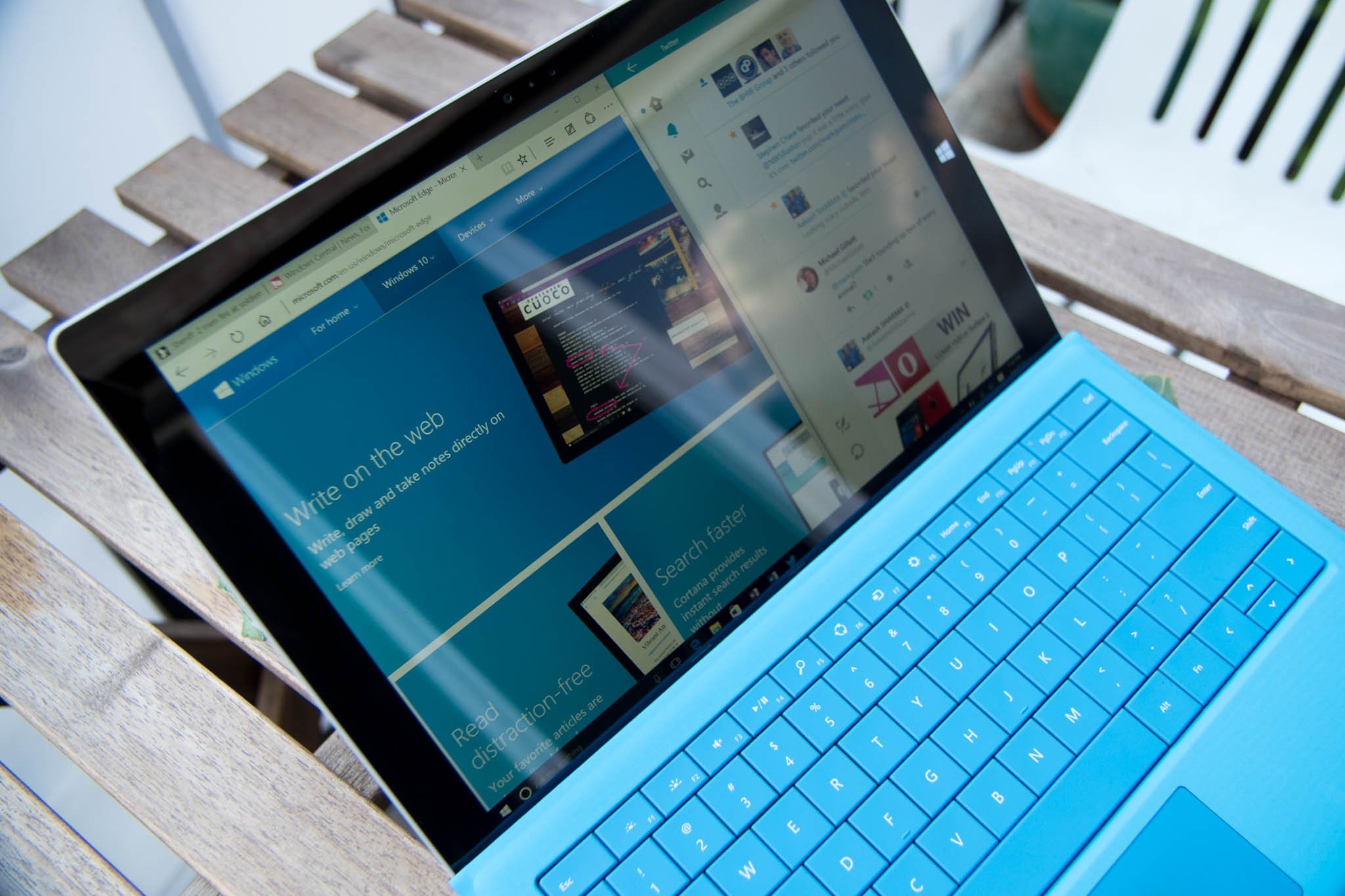Microsoft shows how the Narrator feature helps make Microsoft Edge more accessible

Windows 10 has a number of new features and improvements compared to previous versions. A number of the improvements make using the OS, and its Microsoft Edge web browser, more accessible to a larger audience. Microsoft has offered more information on these accessibility improvements, including the Narrator voice feature when used with Edge.
Microsoft previously used the Microsoft Active Accessibility (MSAA) API to help make text and interfaces more accessible in older versions of Windows. Now Windows 10 and Microsoft Edge uses the newer UI Automation (UIA) API for these kinds of tasks. Microsoft said:
"UIA was designed to expose more information about the user interface and structured documents, improve performance, and be portable across platforms. Because UIA replaces a variety of potentially unreliable and non-interoperable techniques with a single API, it reduces software complexity, allows developers to express novel UI concepts more easily, and improves stability and user experience consistency between web and native apps, across all types of assistive technology."
Microsoft has posted a video demo of how Narrator can work in Microsoft Edge with the UIA API. Using the Bing search site, Narrator can "speak" so that the user can hear the top search choices when "cat" is typed in the search bar. Once the user picks the specific search string, they can use the Headings mode in Narrator so that it only says the tops headings displayed in the Bing search page, rather than every word on that page. It can also switch to Paragraphs or Lines mode to have Narrator read what's below the headings.
Microsoft says that even more accessibility improvements are in the works for Windows 10 and Microsoft Edge. That includes better Narrator support for features like "the address bar, settings, favorites, history, and downloads."
Source: Microsoft
All the latest news, reviews, and guides for Windows and Xbox diehards.

John Callaham was a former contributor for Windows Central, covering Windows Phone, Surface, gaming, and more.
